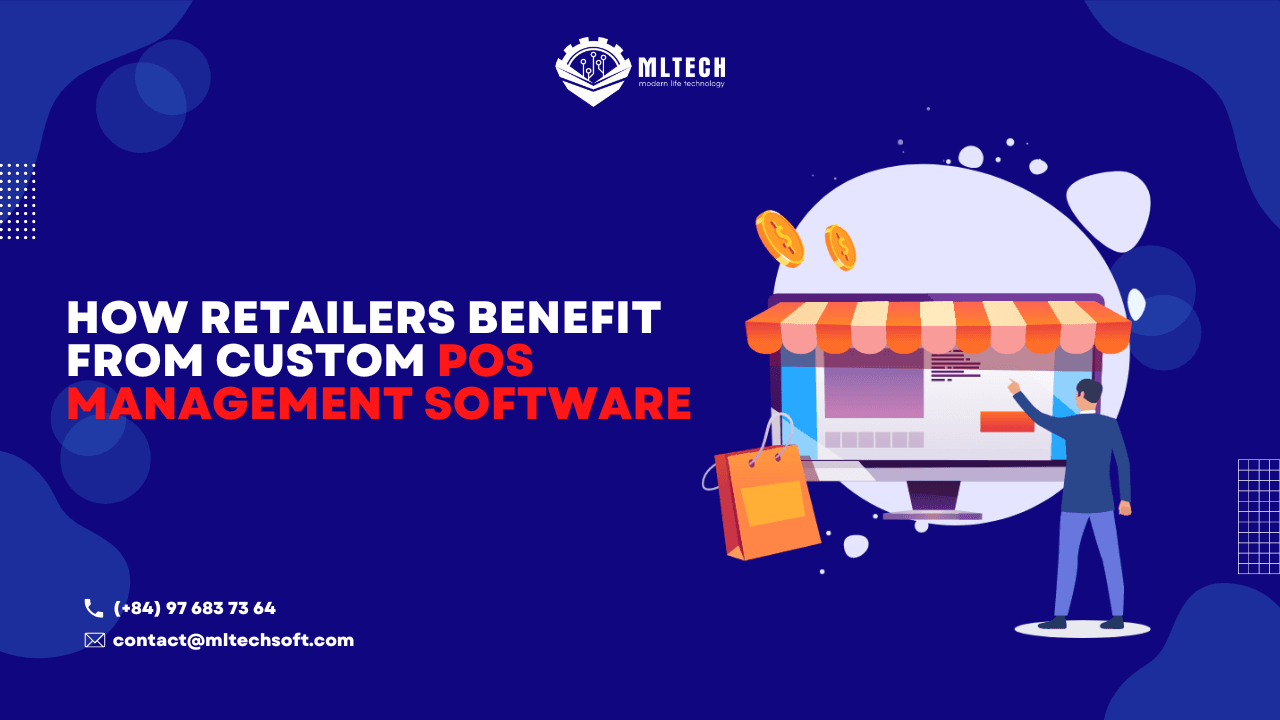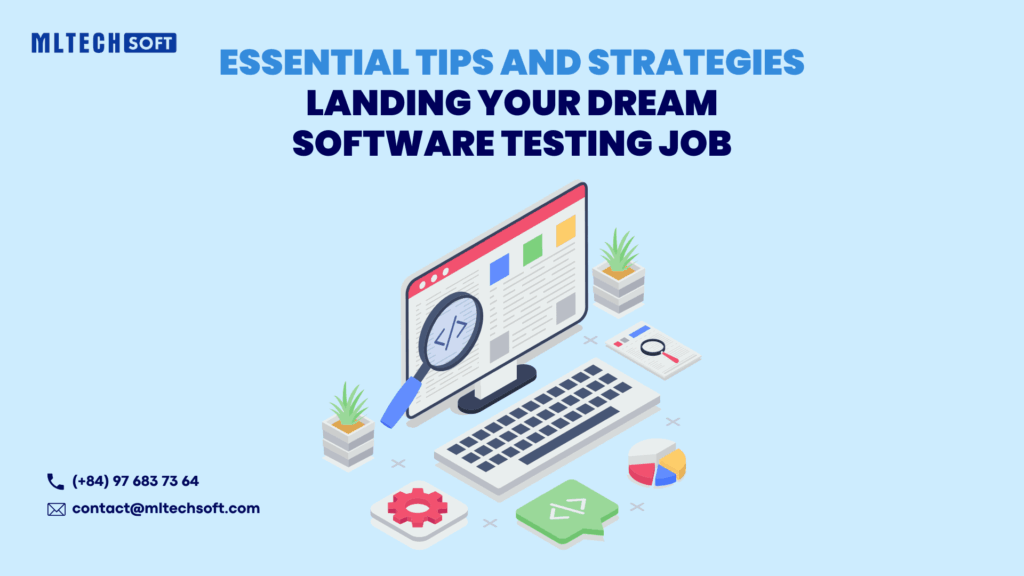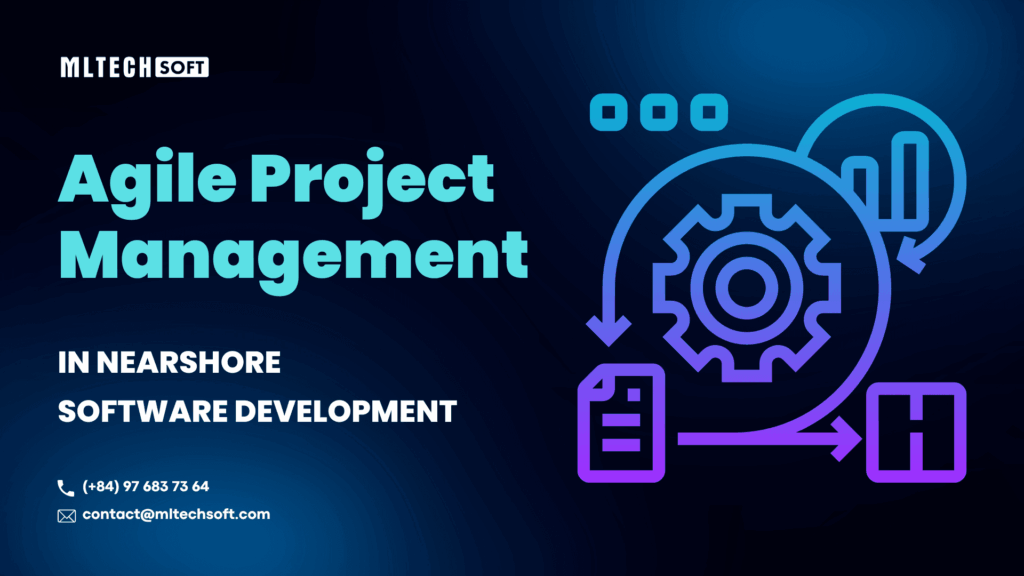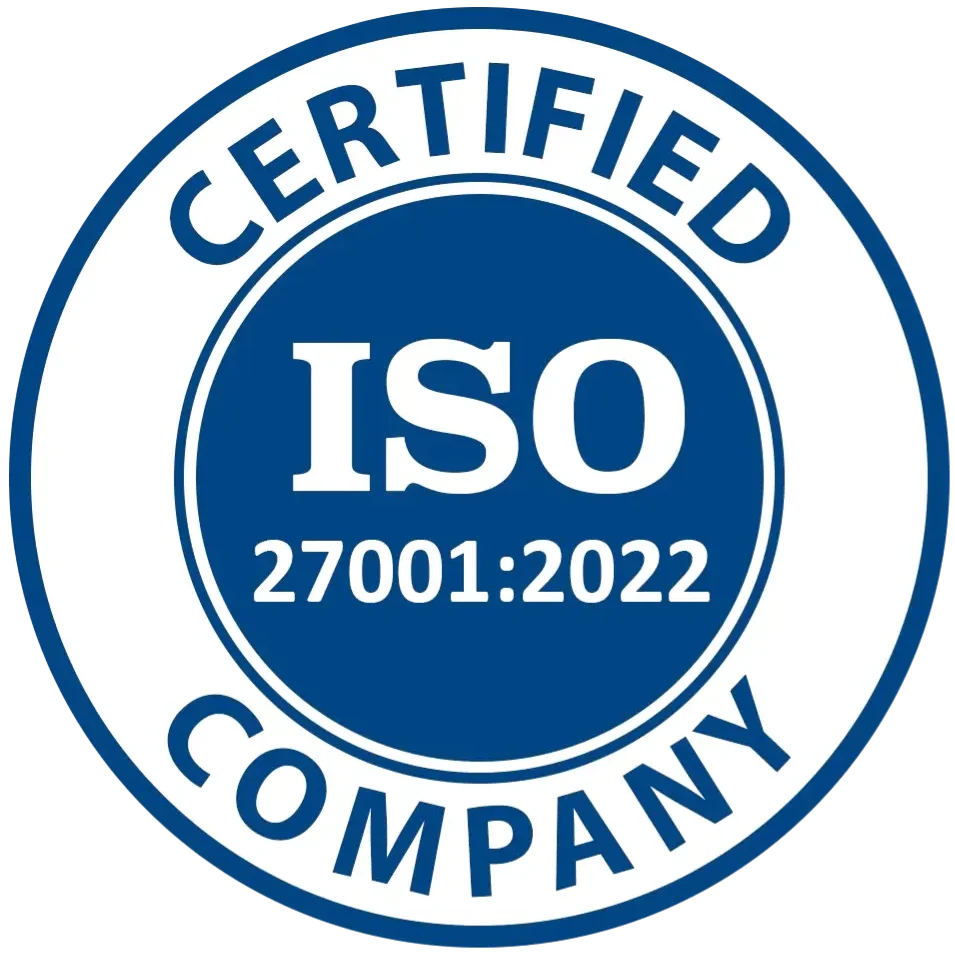In the course of their day-to-day operations, retailers face a number of obstacles. Their marketplaces, online stores, and physical stores are all affected by these difficulties. To meet the needs of today’s customers, retailers are under pressure to modernize their stores.
On the other hand, consumers are becoming more tech-savvy and selective when purchasing goods or services. Retail software solutions like the POS management system are needed because customers want to shop at stores that use the most recent technology.
In this article, we will show how retailers benefit from POS Management Software.
1. How Retailers Benefit from the Software
When you decide to make your store POS-ready as a retailer, you must have POS management software that works. It is essential to understand that businesses like yours are distinct and have distinct needs. A bespoke POS management system can be useful for meeting the specific requirements of your store. This software solution will help you in a number of ways.
Robust E-commerce Integration
Retailers can easily integrate other retail management software with custom retail POS management software. They will be able to combine this software with their e-commerce platforms to simplify store management. There is no need for a POS integration or the purchase of additional POS software if a retailer wishes to upgrade to a different e-commerce platform in the future. Any new retail management software they acquire or update can easily integrate with the current POS management software.
Accounting and Tax Management
Retailers can update a number of items in their stores with the right POS management software. Customers’ deposits, inventory, accounts payable, and accounts receivable are all examples of these. They are informed of the amount of capital in their accounts. If they find a good deal, this information may assist them in making immediate purchases.
Occasionally, retail establishments deal with various tax forms. They pay taxes based on things like their tax bracket and how much money they make. They may be able to effectively manage these taxes with the help of a high-quality POS management system. Additionally, it helps them cut down on the time and money spent on tax planning and management.
Inventory Control
A good inventory management system is needed to run a retail store efficiently and make money. A retailer can use the system to make sound decisions about how much they consume and what they buy. Retail store inventory management tools are included in POS software solutions. Products can be tracked, faulty or damaged products can be recorded, and low stock alerts are among these tools. These tools are necessary for retailers to learn about the kinds of products that don’t work in their stores and to maximize profits.
CRM (Customer Relationship Management)
As retailers manage customer data, they must inform customers of current promotional offers. A system should be in place that can send customers electronic receipts for their purchases via email. These retail tasks can be facilitated by a POS management system. It informs customers of the most recent deals at a retail establishment.
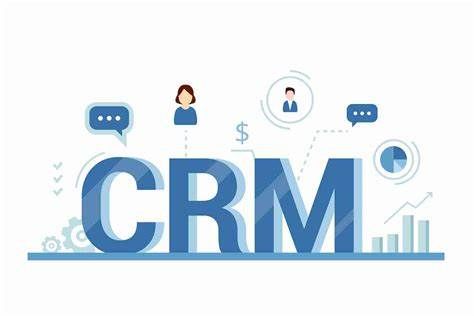
Additionally, the goal of POS management systems is to enhance a retail store’s CRM. It accomplishes this by creating loyalty and reward programs for customers. These CRM initiatives primarily target customers who frequent a specific store. They also bring in new customers to the shop.
Employee Management
Traditionally, punch cards or a spreadsheet program were used to keep track of employee working hours. This method takes a lot of time and effort. The launch of point-of-sale (POS) management systems was intended to revolutionize the way retailers carry out such procedures. The systems make it simple for the retailers to keep track of all of their employees and record information about them. They no longer have to manually record and track employee information for the majority of their time.
A retail POS program can calculate employee payroll in addition to tracking working hours. Additionally, it is capable of automating fund transfers. This program makes it easier for retailers to create payrolls for their employees. They naturally produce the presentation reports and laborer pay rates.
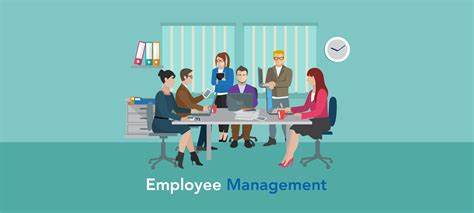
2. What is POS Management Software?
Point-of-sale (POS) software is used by physical merchants to control sales. A computer or a cash register are both examples of POS management systems. Cashiers use it to total a customer’s purchase and complete a financial transaction at brick-and-mortar stores. In order to achieve balance in a retail store, the majority of POS software can communicate with inventories.
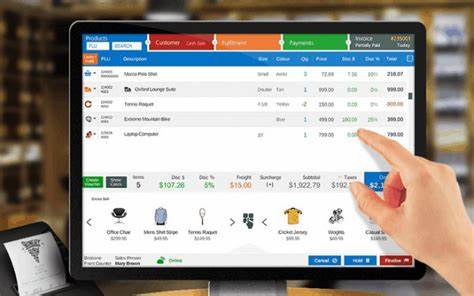
Retailers are now implementing unique POS management systems, like POS software that runs in the cloud. These specialized software solutions are becoming more popular due to their advantages. They enable retailers to cut costs and gain access to customer information from any location. Since 2017, the adoption of these solutions has increased by 12% annually. The figures will keep increasing.
3. Final Thoughts
The best customer service is always needed by customers. They want to shop in ways they have never done before. They won’t hesitate to buy the same product or service from a different store if your retail store doesn’t carry it. As a retailer, you must master the art of pleasing these customers. In fact, one of your top retail goals should be to make customers happy. Having the appropriate POS management system running in your store will give you an advantage over your retail management processes.

